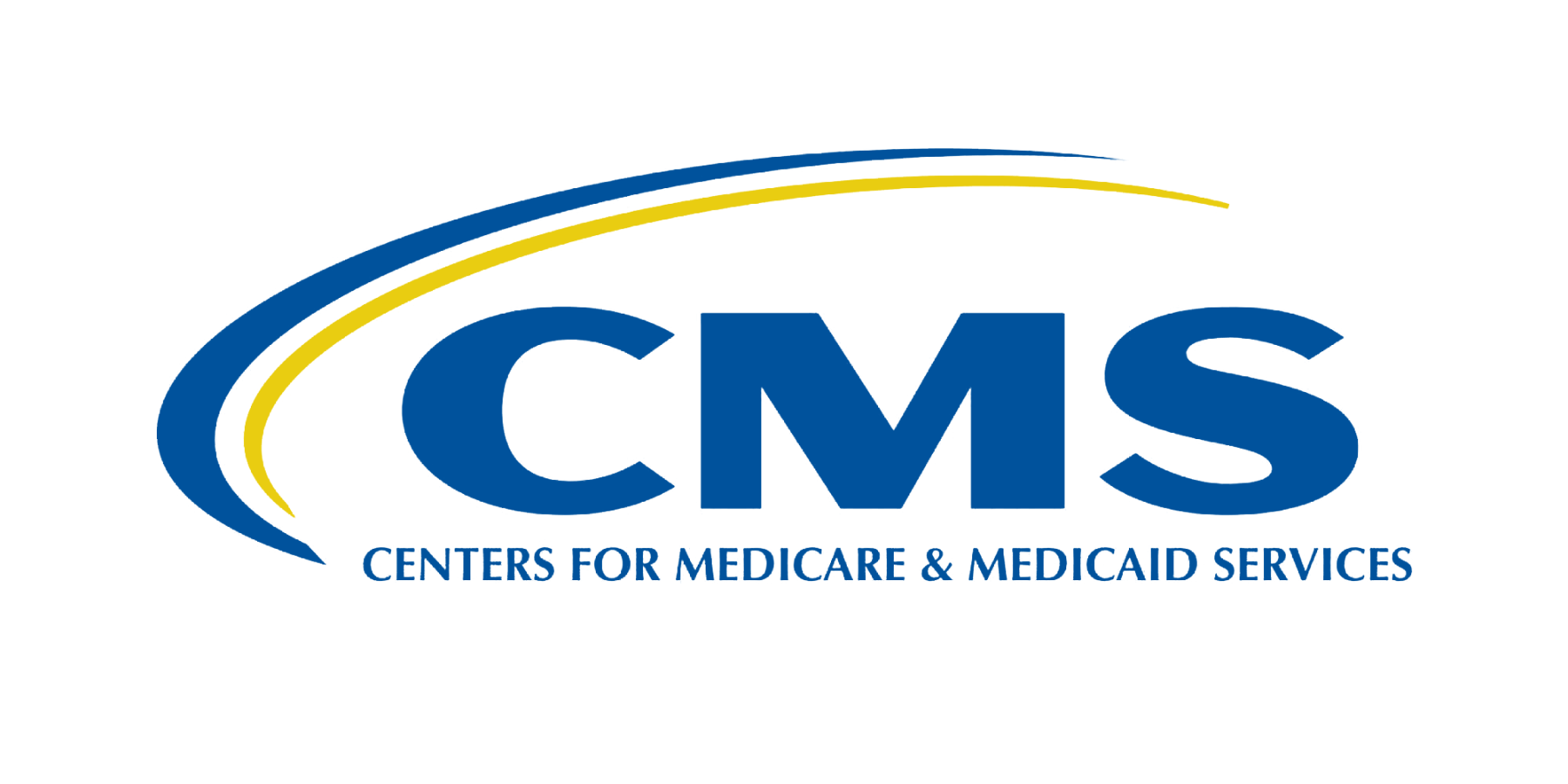Centers for Medicare & Medicaid (CMS) have recently released its 2020 guidelines for Chronic Care Management (CCM) and related services (ex: TPM, RPM, etc.) with some exciting changes.
Since the inception of the CMS programs to help the chronically ill, there has been tremendous progress. CMS own program efficacy data on total Medicare expenditures per beneficiary per month (PBPM) for CCM as outlined in Evaluation of the Diffusion and Impact of the Chronic Care Management (CCM) Services: Final Reporth shows a significant return on Investment starting at 12 months with one example showing a 9% reduction in ED visits per 1,000 patients.
Orb Health has affirmed and maximized these results through a study of our own approach to CCM called Collaborative Virtual Care. Our 2019 Orb Health Patient Outcomes study on the CCM program at Community Health Centers of Pinellas (CHCP) showed a 54% decrease in Emergency Department (ED) visits for Chronic Care patients with 6 or more chronic conditions within 9 months of implementation resulting in $6.22 million of projected annual Medicare savings per 1,000 patients.
The opportunity to continue and expand these results has taken a significant step up with the 2020 CMS code updates that have recently been published. In this blog series we will discuss the impact of the impressive changes finalized by CMS. Each 2020 revision encourages more ways to move patient care forward.
Chronic Care Management (CCM)
Improved time management will enable more focus on patient education, medication management, symptom management and much more.
- Additional care management time beyond 20 minutes of care
- Complex CCM no longer requires a significant care plan change
Learn more here
Transitional Care Management (TCM)
Collaboration is between more than just the patient’s Primary Care Provider and CMS states that TCM services have helped reduced readmission rates, lowered mortality, and decreased health care costs. With the increased reimbursement amount and concurrent billing with 14 codes – we will see additional accessibility to our patient populations.
- Increased reimbursement amount
- Concurrent billing of TCM with 14 codes, to include CPT 99490 and 99491
Learn more here
Remote Physiologic Monitoring (RPM)
Monitoring patients outside of a clinical setting will increase patient access and in turn lower healthcare cost. In addition, RPM will expand interaction between clinical staff and the patient directly from the patient’s home.
- Add on code for an additional 20 minutes of clinical care management
- Medicare now allows general supervision for CPT 99457 and 99458
Learn more here
Principal Care Management (PCM)
The management of one single, serious and high-risk condition will bring more support to patients who may not qualify for CCM, because they only have one chronic condition.
- New program to manage patients with a single serious chronic condition
- Two new G codes
Learn more here
About Orb Health
Care Management as a Service™ rapidly provides EMR-connected remote contact centers as a scalable virtual extension of the practice to deliver cross-practice scheduling and care management programs as a guided service without adding staff, apps, or infrastructure.
